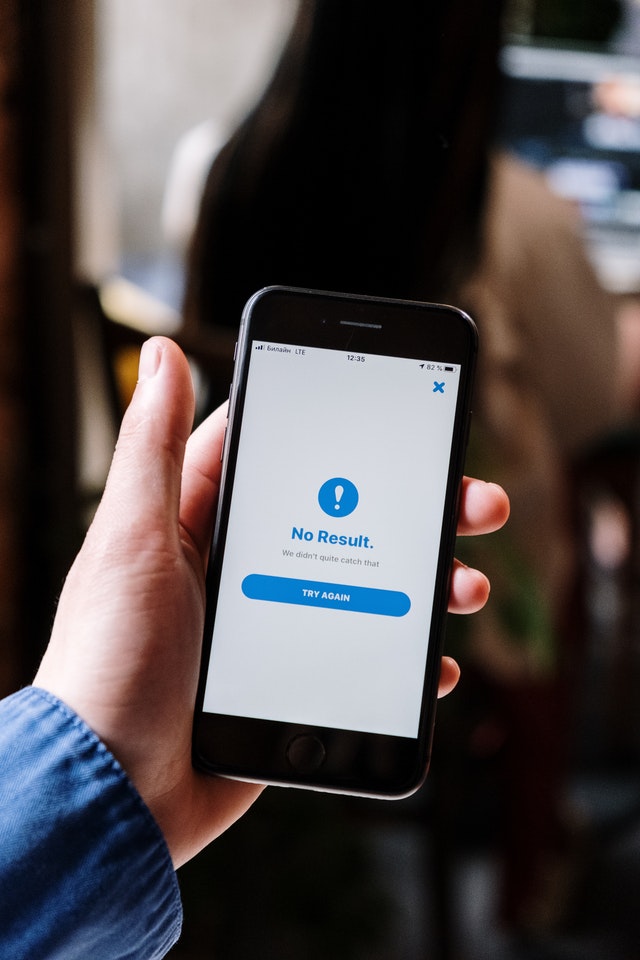Right about now, many people see their New Year’s fresh starts lagging. What seemed so clear and empowering in January—tracking food, using that new diet app, returning to the gym—somehow feels harder. Maybe you note less consistency, forgetting, or life stresses making it all feel too hard. Too often, this pattern feels familiar. You question whether it’s you. You wonder once again whether you’re just someone who can’t stick with or commit to positive change.
Making new habits that last, however, proves challenging for nearly everyone. Your change efforts might fall short for reasons not discussed in the diet and “get back in shape” messages that bombard us every new year. Much research has shown that diets, for example, rarely work long-term. As a culture, we return to them year after year nevertheless, however. This year, some of what drew attention actually could prove helpful: programs that address the emotional parts of eating, or help people develop more mindfulness, perhaps. Even with these, though, you might still see your commitment and consistency lagging as the weeks unfold. Understanding why this might happen—going beyond the idea that “it’s just you”—can help us move closer to the kinds of changes we so want for ourselves.
So what goes into “falling off”, after a good stretch of a new way of eating, say, or self-care improvement?
First, a lot goes into being ready to change, and some readiness takes place outside of awareness. In 1983, James Prochaska and Carlo DiClemente published their very influential model of how change occurs. The stages of change model breaks change down into pre-contemplation, contemplation, preparation, action, and maintenance phases. If you’ve set off on a new diet or exercise regime, you’re already at least in contemplation, which involves thinking about the change.
Preparation involves both mental and emotional efforts as well as practical, logistical ones—all work together. Very often efforts that don’t last do become part of the preparation process—a positive aspect to a disappointing occurrence. (Here, think about people who try to quit smoking five or seven times, then finally quit for good.) New habits may require repetition, learning, cognitive and emotional adjustments. And any part of this may take more time than you might like.
A lot more can be said about emotional preparation—whole books!—often the most complicated part. For now, I’ll name one of the many “mental” or cognitive habits that can complicate the process as well. Simply put: diet mentality. When you’ve started and stopped many diets, you can begin to feel pretty negative about them. They link with discomfort and restriction and the unpleasant feeling that you have something fundamentally wrong with you (your size, or something related). They feel like dreadful “have-to’s”. Telling yourself “this isn’t a diet, it’s a lifestyle change” is a good start. However, some part of you most likely perceives it as a diet anyway. It’s hard not to with so much previous programming. And you may not have stopped telling yourself that the habit change itself, and how that will make you feel about yourself, is what matters. Getting as quickly as you can to that number on the scale still drives you most.
As for emotional preparation, have you wondered if the old habits help you in some way emotionally? Or how it might disturb your emotional equilibrium to change? How might you feel differently inside? Would that be OK? How would you manage stress, decompress, sooth yourself, without certain ways of eating? Who might not be happy if you changed for good? These questions merit asking. Some might light up or “click” for you, others maybe not.
So these and other questions mean to help you sort out what’s made it so hard to stay on track with your change plans. It may be simply a lack of practical planning. It could be emotional attachments to your behavior that you don’t yet fully understand. It could be depression or addiction or attentional difficulties that really need to be tackled first, before you can move easily into other changes in self-care. Unless you understand which parts of the equation have been lacking, long-lasting change stays out of reach. You can feel good knowing, though, that it really is not “just you”. In fact, as you begin to understand what goes into your particular, unique situation, you can start creating solutions that really work.




